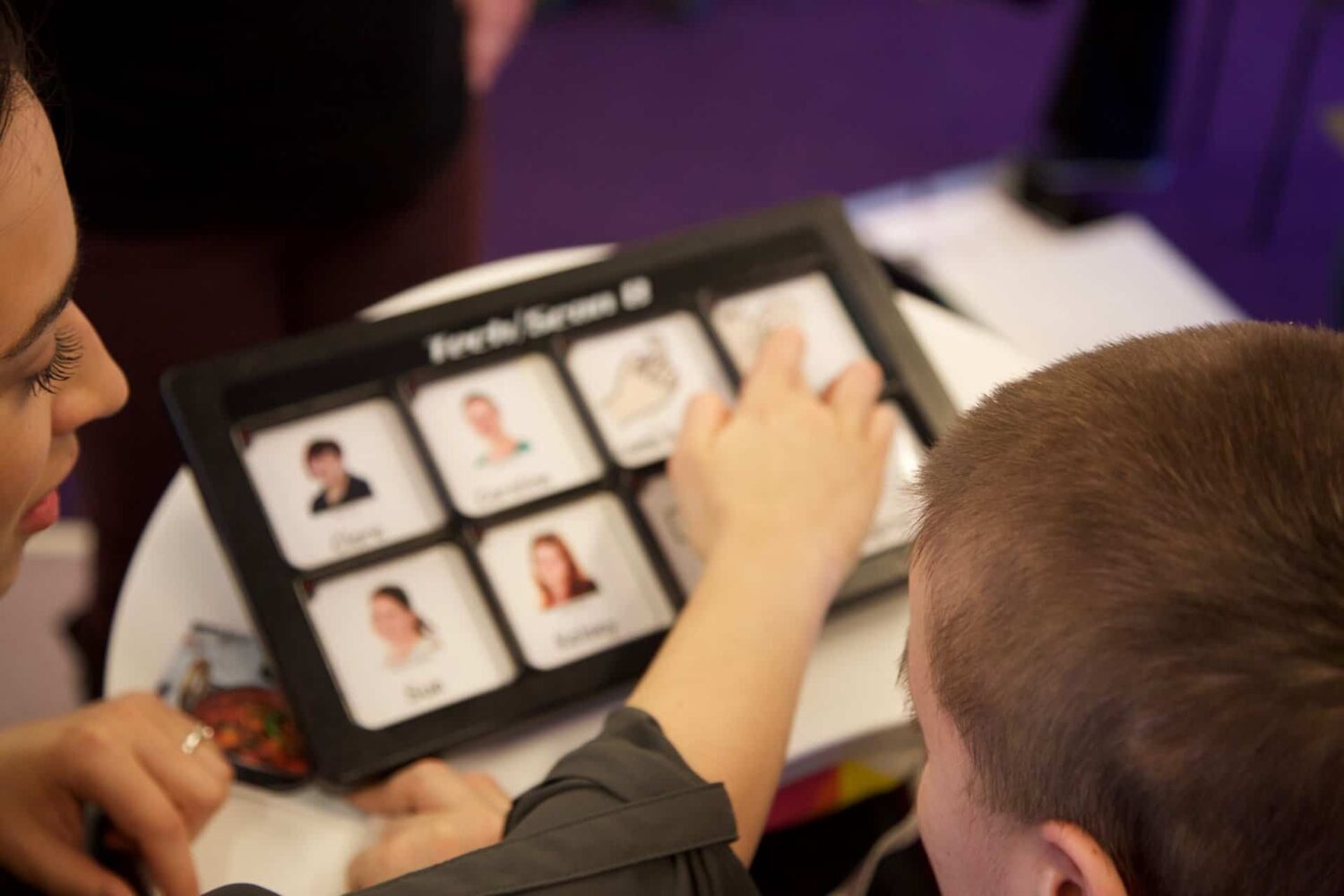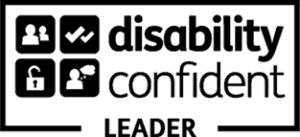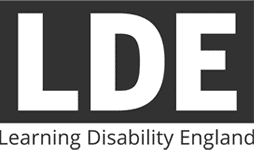Acute Liaison Nurses play a vital role in reducing the health inequalities faced by people with learning disabilities.
We have been commissioned by Health Education England to conduct a national piece of work producing a competency framework for Acute Liaison Nurses. Our decades of work alongside people with learning disabilities have shown us the importance of the Acute Liaison Nurse role, but it is a role that varies widely in how it is commissioned and supported across England.

Our work will start with finding out the experiences and concerns of people with learning disabilities and their families. We know that some people with learning disabilities are more likely to face multiple disadvantages in hospital, and some people are less likely to be included in work about healthcare access. These are the people we will speak to first.
We expect this first group of people to include:
- people with the label of profound and multiple learning disabilities
- people from minority ethnic communities
- people whose care is labelled as ‘complex’ or ‘challenging’
- people with very low-level support needs who may attend hospital unaccompanied.
We are also going to look at existing data about health inequalities and about the work of Acute Liaison Nurses.

After these initial conversations, we will work alongside people with learning disabilities and families to bring our findings to Acute Liaison Nurses and other professionals, to find solutions to the gaps identified, establish the qualities that make an excellent Acute Liaison Nurse, and highlight the support nurses need in order to reduce health inequalities and save lives. Finally, we will create a toolkit for trusts, including some training materials and best practice stories.

Throughout our work, we will use this page to share updates about our findings and to ask for feedback from people with learning disabilities, families, Acute Liaison Nurses and other professionals.
- Click here for some easy read information about ‘A Uniform Approach’.
- Click here to read our full literature review.
- Click here to read our literature review in easy read.
- Click here to read an update for ‘A Uniform Approach’ (Feb 2024).
If you are a person with a learning disability or a family member, we want to hear about your experience of going to hospital. We are speaking to people who have met their local Acute Liaison Nurse and people who have not.
If you are an Acute Liaison Nurse or a professional working in an NHS acute trust, we want to hear your examples of best practice and challenges in supporting people with learning disabilities to access good quality acute care. Please email us at: ask@changingourlives.org.

Postural care tool for learning disability nurses
Poor postural care for people with learning disabilities, especially those that struggle to move their body with ease, has been linked to ill health and in some cases to premature death. This tool guides the learning disability nurse through a series of questions so they can build a picture of the support a person needs to maintain good posture.
It was developed by Piers Baker and Sarah Clayton (Simple Stuff Works), based on an original tool created by Piers Baker and drawing on material created by Simple Stuff Works and Born at the Right Time.





